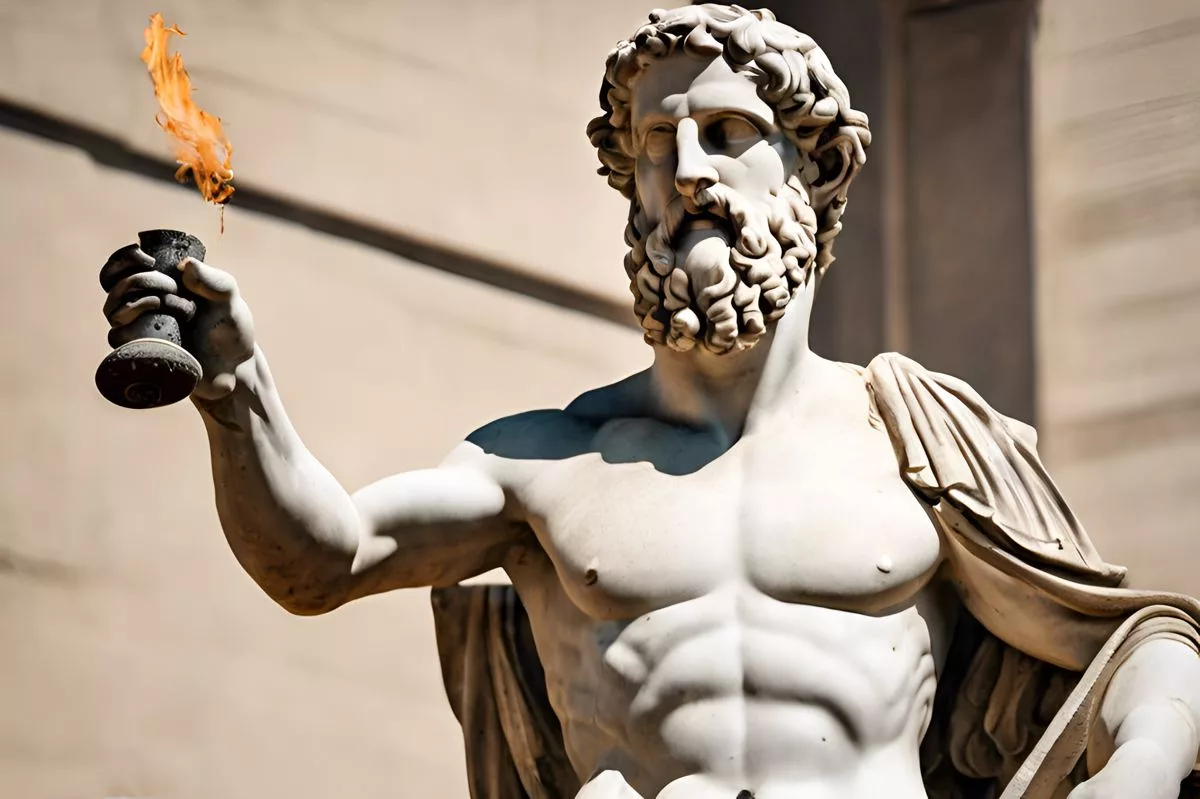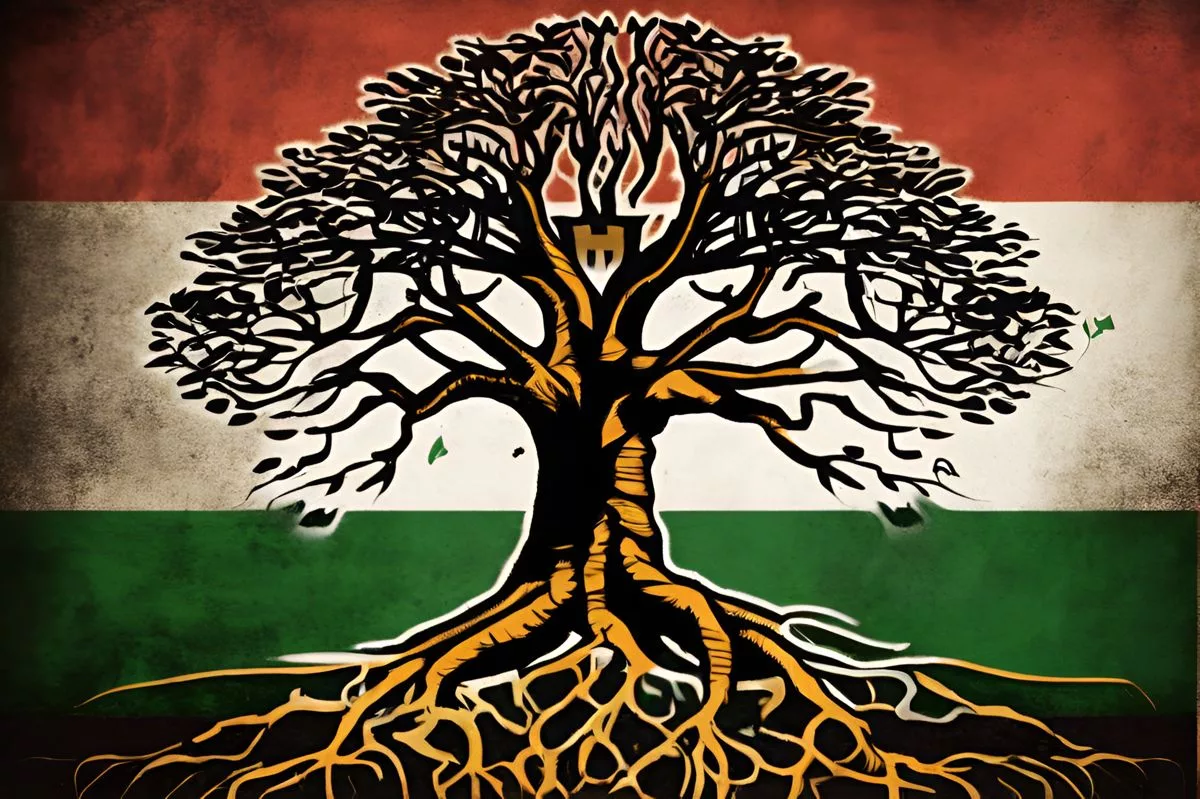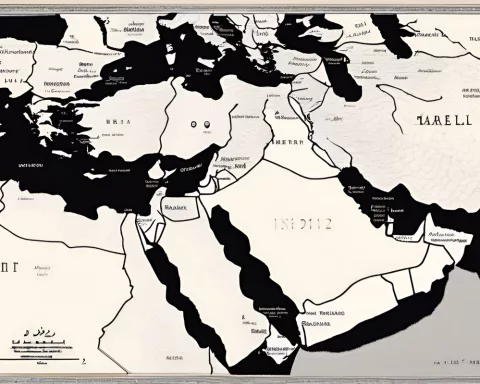The Ancient Olympic Games were more than just sports; they were an epic saga of religious devotion, social integration, and cultural celebration. For over a millennium, these games captivated the Greeks and served as a symbol of democracy and unity. The events were marked by unique traditions such as nudity, oil lathered wrestlers, and a coin toss for the first blow in boxing. Although the games have been dormant for centuries, their legacy lives on through the modern Olympic Games, a global celebration of sportsmanship and physical excellence.
The Significance of the Ancient Olympics
For almost 1,200 years, the Ancient Olympic Games were a mesmerizing spectacle that captured the Greeks’ collective fascination. These games were more than just an athletic competition; they were an intricate tapestry of religious fervor, societal integration, and cultural revelry.
The Significance of the Ancient Olympics
For almost 1,200 years, the Ancient Olympic Games were a mesmerizing spectacle that captured the Greeks’ collective fascination. These games were more than just an athletic competition; they were an intricate tapestry of religious fervor, societal integration, and cultural revelry. The significance of these games was so profound in Greek society that the task of forming a formidable military to deter potential threats would take precedence over the games. Professor Christesen of Dartmouth College, USA, summarized the essence of the event by affirming, “Olympics were immensely significant to the Greeks.”
Running from 776BC until at least 393AD, the games served as an emblem of democracy, inviting participation from all free Greek men regardless of their societal ranks. However, due to societal conventions, women were unfortunately excluded from participating or spectating.
The Religious and Social Dimensions of the Games
At their heart, the Ancient Olympic Games were steeped in spirituality. Primarily, they were festivities in homage to Zeus, the supreme god of the Greek pantheon. The festival’s main day was marked by the sacrifice of a significant number of cows. After making an initial offering to Zeus, the remaining meat would be utilized in a massive communal banquet, thus merging religion and nourishment in a harmonious fusion.
The games also evolved into a social catalyst, drawing Greeks from every corner of the Mediterranean to congregate, socialize, and partake in fellowship, thereby cultivating unity among the culturally diverse population.
Athletic Events and Unique Traditions
By the fifth century BC, the games had expanded to encompass five days, featuring a wide range of events such as running, throwing, jumping, wrestling, boxing, pankration (a combination of boxing and wrestling), and chariot racing. The sanctuary of Olympia in the northwestern Peloponnese served as the stage for the games for the initial 250 years. At its zenith during the second century AD, the event attracted no less than 40,000 spectators.
The Ancient Olympic Games were teeming with intriguing quirks. Athletes would compete in the nude, and wrestlers and pankration fighters would be lathered in oil. A premature start in any track event would result in physical chastisement. In pankration, the only prohibited actions were biting and gouging of the eyes. Boxing adhered to the principle of sportsmanship, which included refraining from striking the exposed male genitalia. There were no points, time limits, or weight distinctions.
Concession in combat sports was signaled by raising the index finger. Tragically, there were instances when an athlete would succumb before making this gesture. In the event of a stalemate in the boxing ring, fighters could choose the ‘klimax’, where each participant was allowed a free hit, and a coin toss determined who would land the first blow.
The Enduring Legacy of the Ancient Olympics
Even though the Ancient Olympic Games have been dormant for centuries, their influence resonates in the present day, being instrumental in the genesis of the modern Olympic Games in 1896. These contemporary games, a global celebration of sportsmanship and physical excellence, bear testimony to the lasting heritage left by the ancient games. The Ancient Olympic Games, consequently, signify a timeless tribute to human accomplishment and the invincible spirit of rivalry, leaving a lasting imprint on the annals of history.
1. What were the Ancient Olympic Games?
The Ancient Olympic Games were more than just a sports competition; they were an intricate tapestry of religious devotion, societal integration, and cultural revelry.
2. What was the significance of the Ancient Olympic Games in Greek society?
The Ancient Olympic Games were immensely significant in Greek society, serving as an emblem of democracy and inviting participation from all free Greek men regardless of their societal ranks.
3. What were the religious and social dimensions of the Ancient Olympic Games?
The Ancient Olympic Games were steeped in spirituality, with festivities in homage to Zeus, the supreme god of the Greek pantheon. They also drew Greeks from every corner of the Mediterranean to congregate, socialize, and partake in fellowship, thereby cultivating unity among the culturally diverse population.
4. What were some of the athletic events and unique traditions of the Ancient Olympic Games?
The Ancient Olympic Games featured a wide range of events such as running, throwing, jumping, wrestling, boxing, pankration, and chariot racing. Athletes would compete in the nude, and wrestlers and pankration fighters would be lathered in oil. In pankration, the only prohibited actions were biting and gouging of the eyes. Boxing adhered to the principle of sportsmanship, which included refraining from striking the exposed male genitalia. There were no points, time limits, or weight distinctions.
5. What was the enduring legacy of the Ancient Olympic Games?
The Ancient Olympic Games served as the genesis of the modern Olympic Games in 1896, and their influence resonates in the present day as a global celebration of sportsmanship and physical excellence.
6. Why were women excluded from participating or spectating in the Ancient Olympic Games?
Due to societal conventions, women were unfortunately excluded from participating or spectating in the Ancient Olympic Games.








